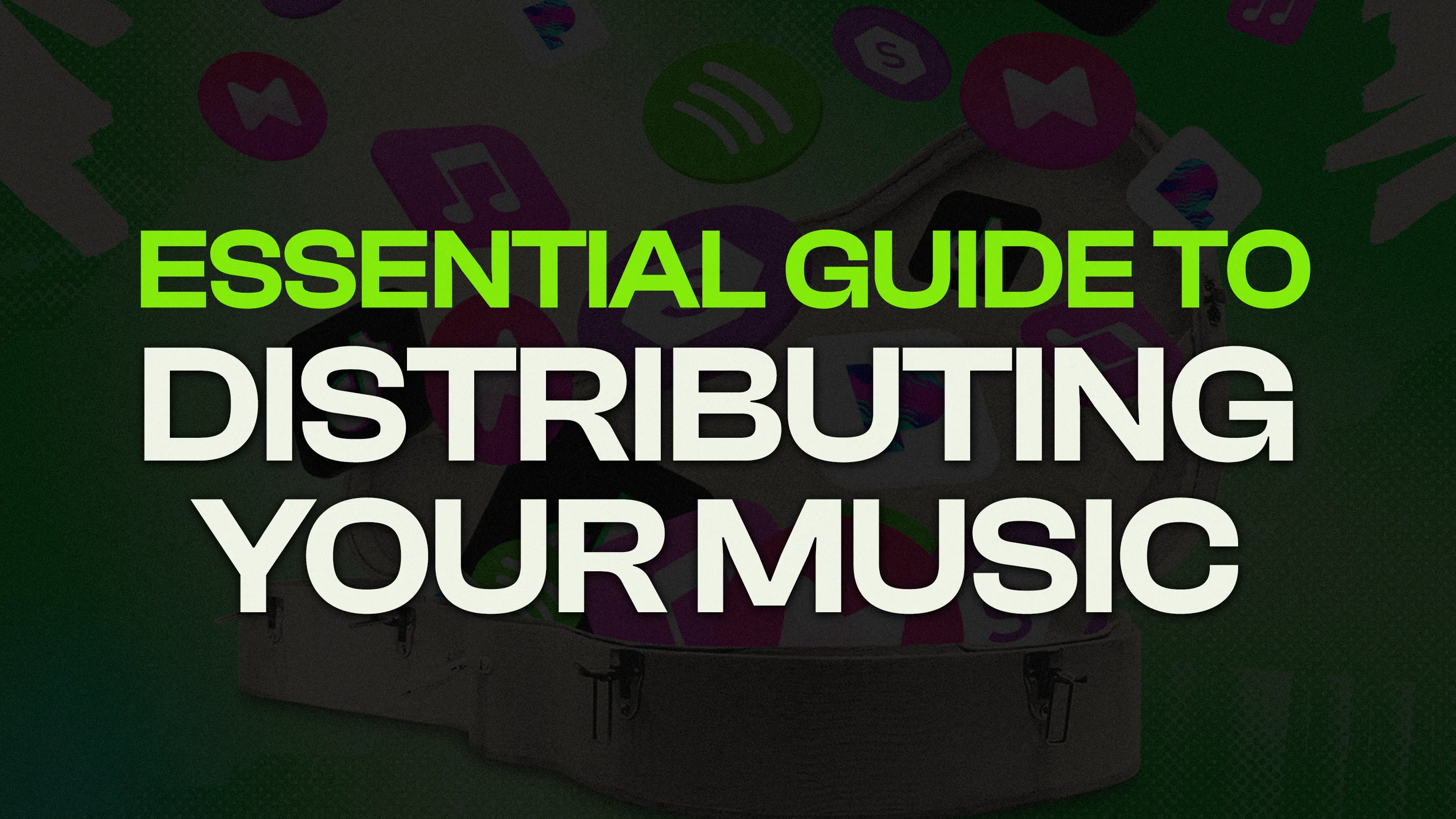

As an independent artist, getting your music out into the world is one of the most exciting and fulfilling parts of your creative journey. However, if certain details are overlooked in the online music distribution process, it could lead to delays or even rejections by streaming platforms. To help you avoid these pitfalls, we’ve put together a comprehensive guide to ensure that your music distribution experience with Madverse Music is as smooth as possible.
1. Get Your Metadata Right
One of the most critical aspects of music distribution is ensuring that your metadata is accurate. Metadata includes all the essential information that identifies your music, such as artist names, song titles, and credits. Streaming platforms like Spotify Music, Apple Music, etc. rely on this data to categorise and present your music to listeners.
Incorrect or poorly formatted metadata can cause significant issues, including delays in the release of your music or outright rejections from digital service providers (DSPs). These errors can disrupt your release plans and impact your music's visibility.
Your cover art is the visual representation of your music and plays a crucial role in attracting listeners. However, to ensure that your artwork is accepted by DSPs, it must meet specific requirements. The cover art should clearly display the artist names of all people involved, the release title, and the record label (if any).
The artwork must meet the required resolution and dimension guidelines. Common issues include low-resolution images, incorrect dimensions, and inappropriate content, all of which can lead to rejections. Before submitting your artwork, make sure it complies with the specifications outlined by the DSPs.
Due to high submission volumes, we recommend planning your release at least 4 weeks in advance to avoid delays. Submitting your music at the last minute can lead to delays, especially if any issues arise that need to be addressed. A well-planned release ensures that your music is available to listeners when you intend it to be.
4. Secure Your Content Rights
Ensuring that you have all the necessary rights and clearances for your music is essential to avoid any legal issues or takedowns by DSPs. Unauthorised content, such as unlicensed samples or features, can be flagged and removed by platforms, which can not only disrupt your release but also damage your reputation as an artist. Before submitting your music, make sure you have obtained all the necessary permissions for any third-party content used in your tracks.
If you are re-releasing your music it's crucial that all your information aligns with the latest guidelines set by DSPs. If the data provided for a re-release is outdated or incorrect, it could lead to delays or issues with the visibility of your release on streaming platforms. Before re-releasing your music, review and update all metadata and other relevant information to ensure it meets the current DSP guidelines. Stay informed about any changes in DSP requirements to avoid any surprises.
By paying attention to these important steps you can avoid common issues with music distribution and ensure your music is heard as intended.